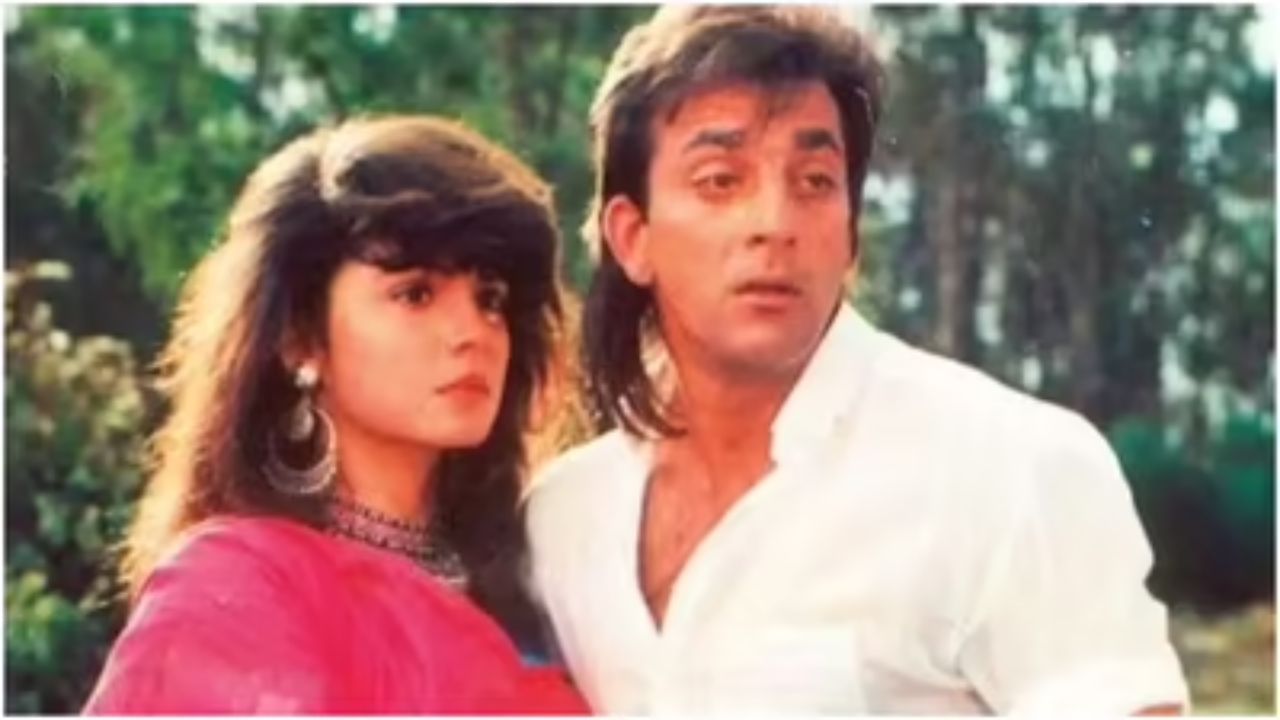Filmistan Studios has been sold—for one hundred eighty-three crores. Just like that, a place filled with memory becomes real estate.
It hurts.
Daddy, the film that launched my daughter Pooja in 1989, was shot there—in the permanent police station set. So was Arth, Saaransh, Janam, Naam, and Sadak. That space was more than just a studio. It was where I came undone, and found parts of myself again.
Now it will become towers. The walls where we once whispered stories will be rubble. And yet… something tells me this is not just an ending.
Something is being born.
Cinema is changing. Young people today don’t wait for permission. They tell stories on their phones. They carve emotion into vertical frames—raw, upright, and personal. They don’t care about the red carpet. They care about the truth.
Theatres are quieter. Attention is shorter. The scroll has replaced the screen. But that doesn’t mean storytelling is dying. It just means it has changed form.
In the crowded office I left behind this evening , I saw young creators shaping one-minute films, fierce and full of feeling. That energy reminded me of how I once began—uncertain, but burning.
Filmistan is gone. The past is fading. But something new is taking root.
A girl in a small town with a borrowed phone might now tell a story that moves millions. The tools are different. The heart is the same.
Maybe this is what cinema truly is:
A moment caught before it disappears.
A voice that remains, even when the body is gone.
We live, we create, we vanish.
And yet, the story goes on.
To the storytellers of today
Filmistan may be gone, but the need to express, to connect, to feel—lives on in you.
Tell your truth. Don’t wait for the perfect camera or the perfect time.
The frame has changed.
But the soul remains.
Say what you must. Before the light fades.
